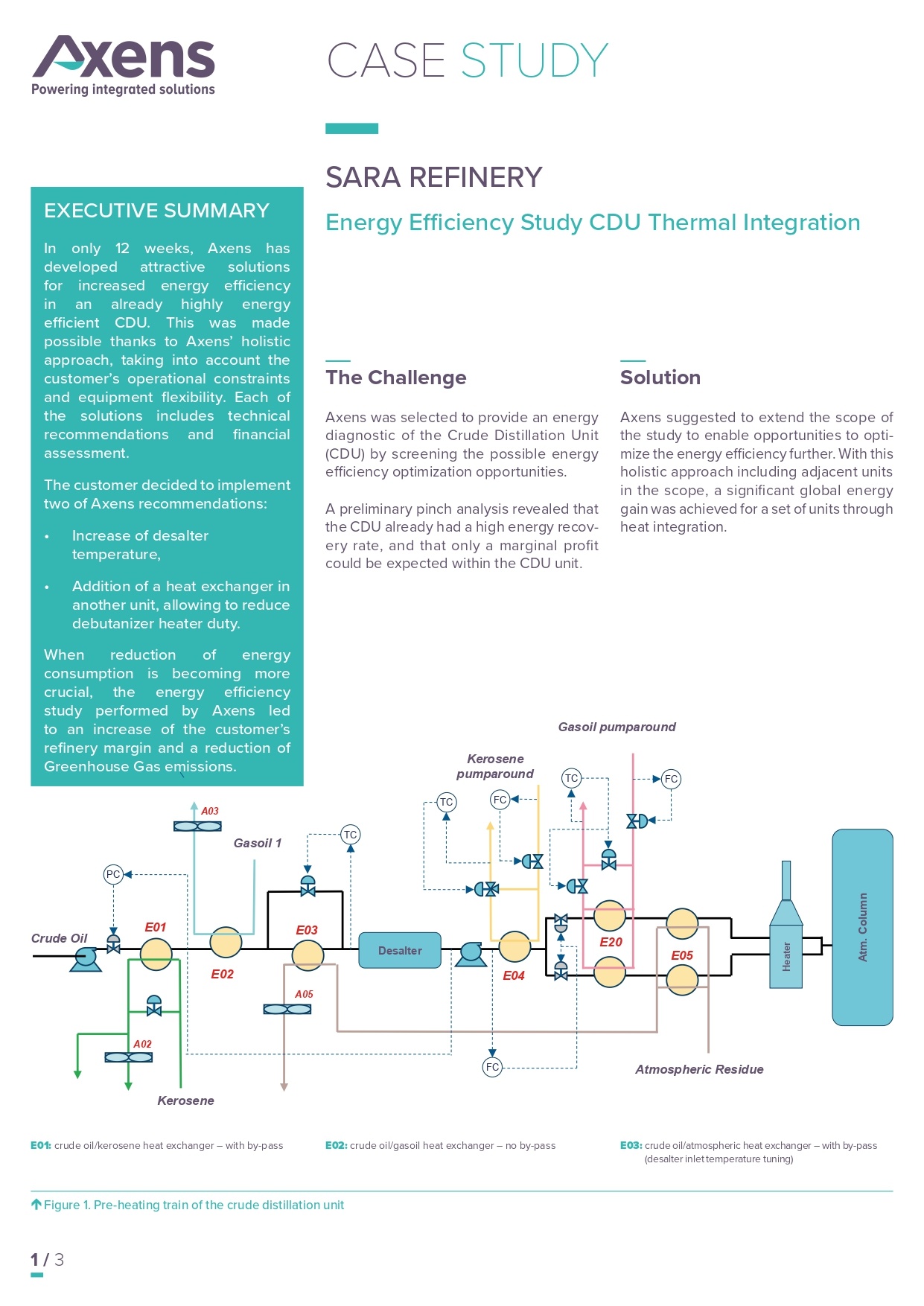
Search Axens.net
Energy Efficiency
environmental_systems_services

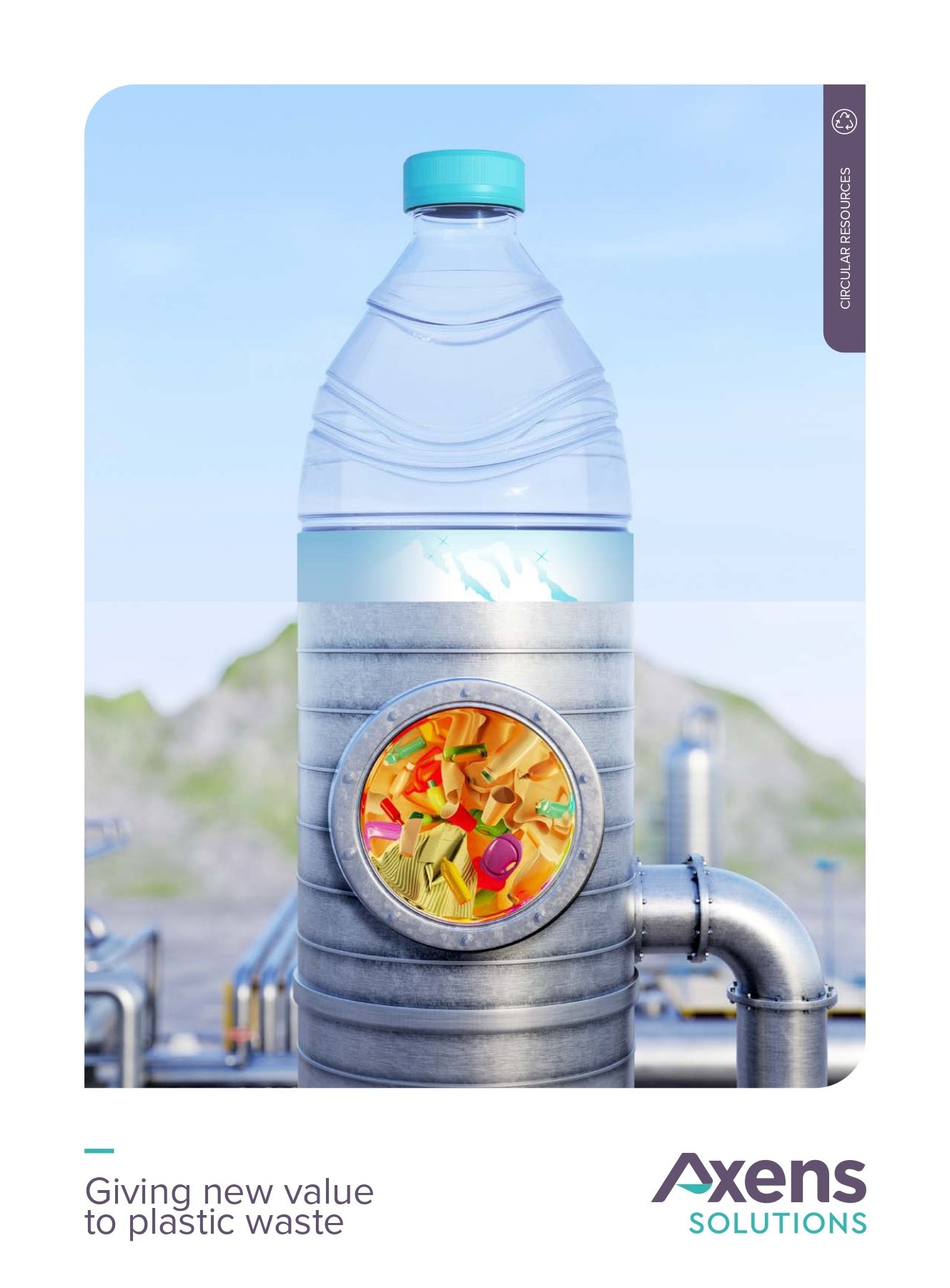
Brochure - Plastic Recycling - Axens
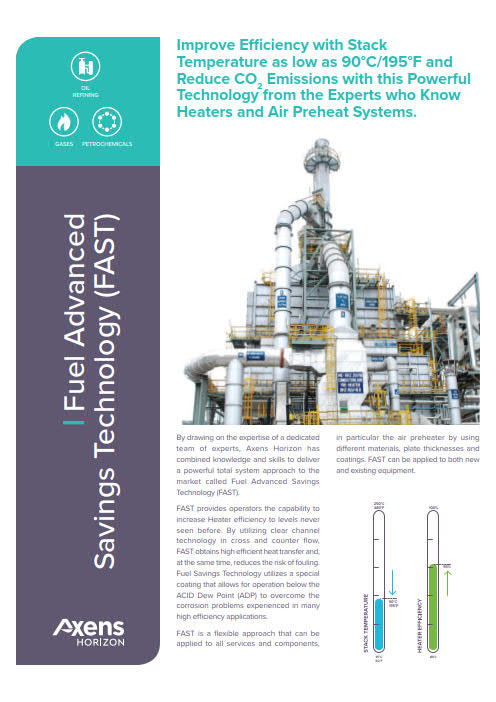
Commercial Bulletin - Fuel Advanced Savings Technology (FAST)

Downstream Processing Industry: Axens Outlook for 2017
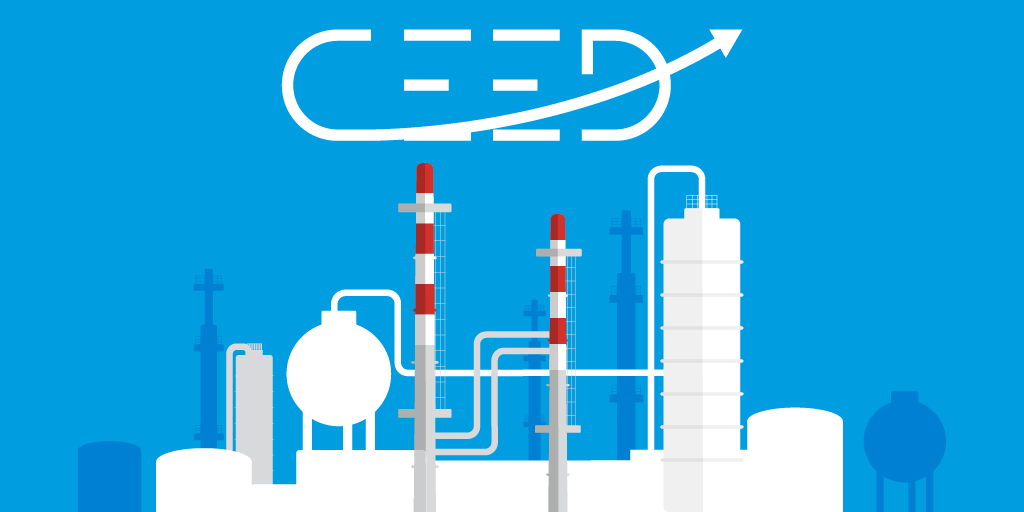
Axens Custom and Efficient Early Design Offer
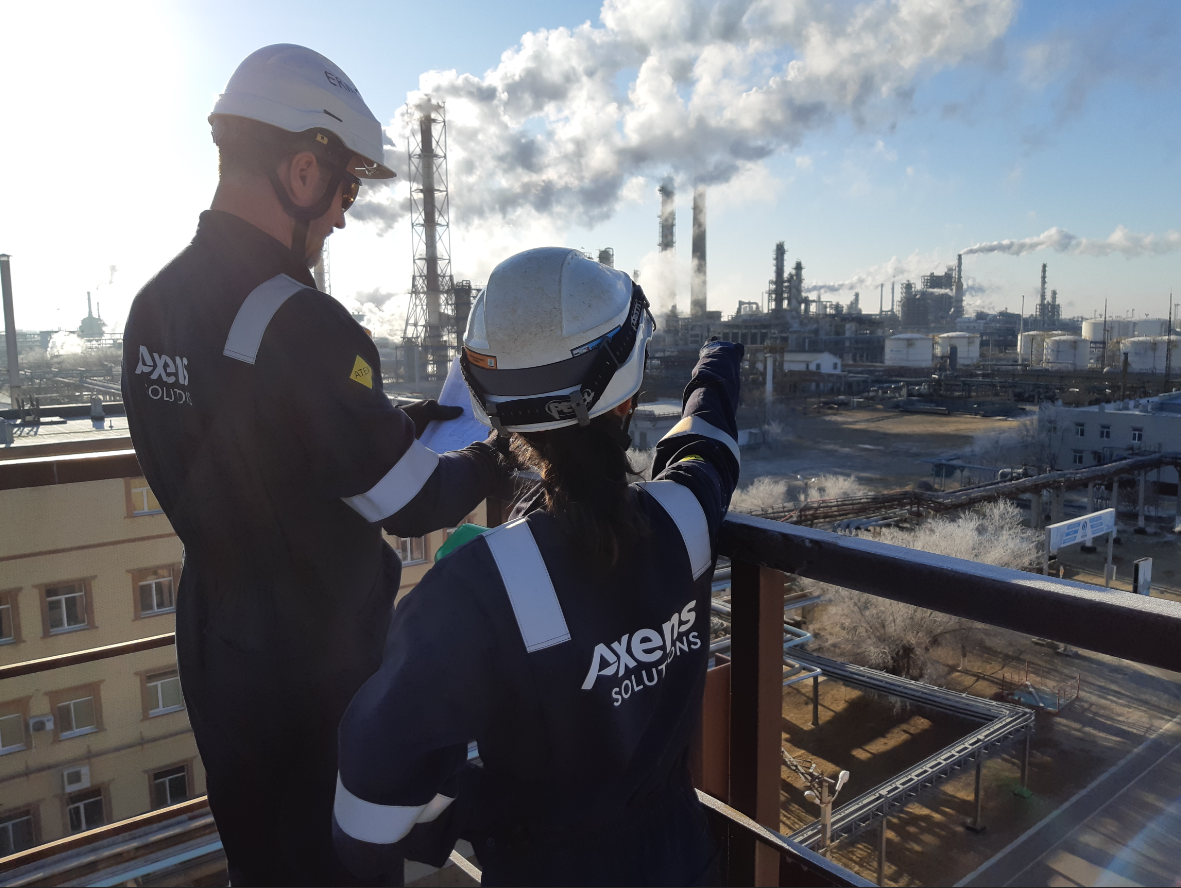
What makes Axens Energy Audit Unique?
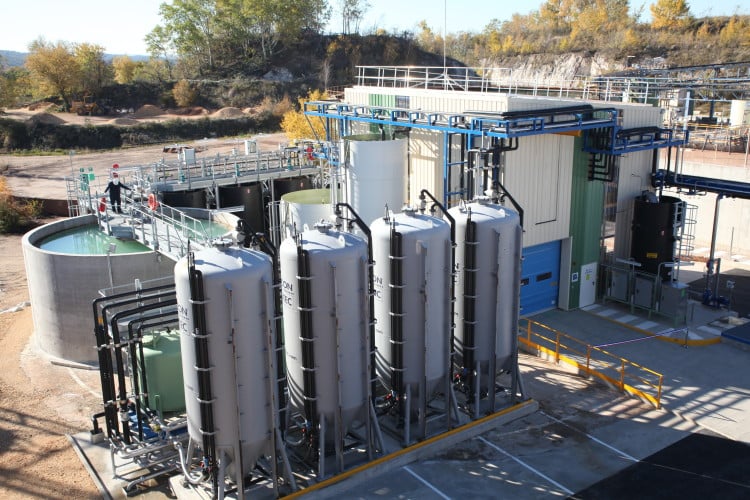
Axens New Water Treatment Facility in Salindres
Conference
Lyon - CEST
4 days
Speakers

Olivier DUCREUX
Adsorbents Business Line Manager
Gilles CAUSSE
Technical Manager, Catalysts & Adsorbents Global Business Unit
Pollutec
Pollutec Trade Show, held from 12th to 15th October 2021, will provide the platform for environmental and energy solutions for industries, cities, and territories. The management of water resources is a major issue for which solutions for the treatment and recovery of water and its resources are necessary. Axens and EMDELEN Ingénierie Industrielle will present a revamping project for an effluent treatment station with the recovery of precious metals at the conference AXELERA.
Virtual EVOLEN Days
EVOLEN brings together around its Annual Days, October 12 and 13, 2021, the energy industry with the theme: "Actors of the energy transformation". A dense program at the heart of climate, technological, innovation, new energy resources, and skills with 4 plenaries and 20 workshops led by the major players in the industry.

Carbon Capture, Utilization & Storage

Plastic Recycling
Syngas
CO₂ Capture
CO₂ Gas Drying
Gas Sweetening
Syngas Production & Upgrading / Hydrogen Production
Energy Efficiency
Process Technologies
CO₂ & H₂S, COS and CS₂ removal from Gas & Liquids
Axens France
Europe
+11
Conference
Online - CEST
1 day
Speakers

Marion GUILLEVIC
Sales and Business Development Manager – Axens Horizon
Journée Technique - Performance Energétique et Décarbonation des procédés industriels
Le secteur industriel représente en 2015 18% des émissions de GES nationales.
Les émissions industrielles sont dues pour partie à la combustion d’énergie fournissant l’énergie nécessaire à la production et pour partie restante aux procédés industriels proprement dits. La stratégie bas carbone vise à l’horizon 2050 une réduction ambitieuse des émissions du secteur aux seules émissions jugées incompressibles selon l’état des connaissances actuelles et les technologies disponibles, soit une réduction de 35% des émissions en 2030 par rapport à 2015, et de 81% en 2050.
Les émissions industrielles sont dues pour partie à la combustion d’énergie fournissant l’énergie nécessaire à la production et pour partie restante aux procédés industriels proprement dits. La stratégie bas carbone vise à l’horizon 2050 une réduction ambitieuse des émissions du secteur aux seules émissions jugées incompressibles selon l’état des connaissances actuelles et les technologies disponibles, soit une réduction de 35% des émissions en 2030 par rapport à 2015, et de 81% en 2050.
